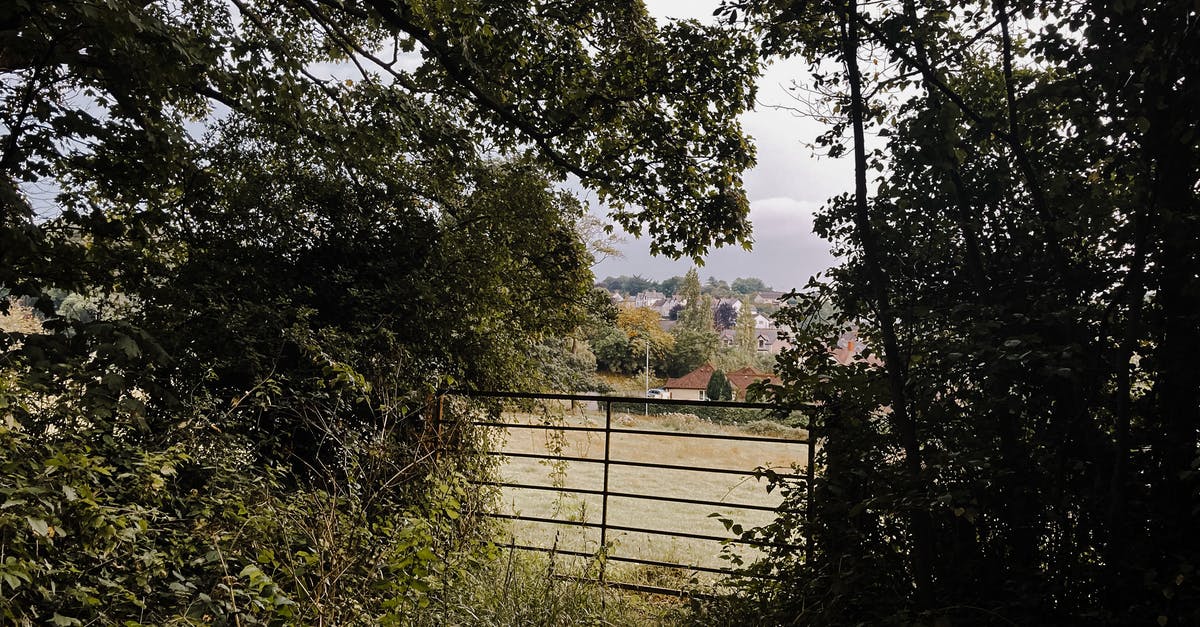Why am i unable to season my pure iron wok?

I purchased a pure iron wok on Amazon -
https://www.amazon.in/gp/product/B07YX683Y5/ref=ppx_yo_dt_b_asin_title_o07_s00?ie=UTF8&psc=1
When I try to season it (coat with oil and burn it), I cannot get that black shade to persist. I observe that when I try to wipe a fresh thin coat of oil the second time, a dark residue comes out and fresh metal is exposed.
What am I doing wrong? Should I ditch the pure iron wok and get a cast iron / carbon steel wok instead?
Edit 1 : Details on seasoning process as follows :-
- Wash fresh wok with hot soap water to remove factory oil
- Let it dry completely
- Coat the wok with thin layer of oil and heat it on medium flame till colour changes to bluish-brownish
- Heat the entire wok
- Dab a fresh thin layer of oil and repeat the above process
When i apply a fresh layer with a cloth/paper , i see the brownish coating get deposited on the cloth/paper and if i apply little more force , the fresh metal is exposed.
Edit 2: I cranked up the heat to high flame and now i can see the black coating. But i do observe that the coating flakes off in tiny bits in the process.
Best Answer
You cannot season it because you are not yet adept at seasoning. This is pretty normal, I also needed many, many attempts of seasoning pans and also many times of cooking with a badly seasoned pan and observing how it changes while cooking different foods to learn how seasoning should work. It is not impossible that it works from the first time following a description, but that is just luck.
Here are pointers to how you "read" the symptoms of wrong seasoning.
- Underpolymerized. if it is too light, and/or too thick, and/or somewhat sticky, your seasoning is underpolymerized. Possible solutions can be the use of more heat (either higher temperature or a longer time, or both), applying thinner layers of fat, or using a fat which creates a better, less gummy finish - these tend to be saturated fats with low iodine numbers.
- Burned. if it is too dark, and possibly comes off in thin flakes reminiscent of the ash of burned paper, then it is burned. Next time, use less heat.
- Newly seasoned pan sticks a bit too much. If the coating looks good and does not feel gummy when cold, but your food sticks more than it should, then you may be trying to do difficult foods too early. Seasoning gets better with use, the process you followed is just an initial "nudge" in the right direction. So at first, use foods and techniques which don't have too much chance of sticking. Make sure to use sufficient oil and proper temperature when frying, and avoid things that will stick a lot, like fish or sugar-glazed food, until the pan's seasoning has gotten really good with use. Try to frequently use it for foods which improve the seasoning, such as crepes.
- Buildup of charcoal-like flat patches on the surface of the seasoning You are using an improper technique when frying starchy foods. Use sufficient oil and heat it to the right temperature. Maybe you also have a badly made recipe, consider using a different recipe.
- You see patches or rust appearing. This can be a bit tricky for a novice to recognize, since the color of rust and the color of underpolymerized oil can be similar. But the rust is generally dry to the touch, while the polymer is sticky and will rather peel off than disperse as sandlike particles if you try to sand it away. If you get this, the reasons can be 1) the surface was not perfectly clean before applying the oil, 2) you introduced something in the seasoning process that shouldn't come close to bare iron, such as acid or salt, 3) you put your pan through the dishwasher, or 4) your seasoning was less good than you thought, and moisture or slightly acidic food found cracks to get to the iron.
If you want to improve the seasoning, in cases 2, 4 and 5 you have to strip the pan and redo the seasoning (in case 5, you also have to remove the rust). The first case, underpolymerization, might be worth a salvage attempt by applying more heat (as you tried), but there is no guarantee it will work, so if that fails, you again have to strip. For point 3, just restrict the types of food you use the pan for until it improves. With experience, you will start getting better results. The more attentively you observe the pan during seasoning and use, the more experience you get per time unit doing these things.
The process applies pretty much the same to different kinds of pans, woks and dutch ovens, no matter if they are cast iron, forged iron, or blue steel. The smooth ones are somewhat less forgiving of improper seasoning than are the thick rough cast iron ones, you see flaking earlier. But all work best with a well-done seasoning. So it is unlikely you will see improvement if you change the pan or wok. You just have to continue learning the skill of seasoning.
Pictures about "Why am i unable to season my pure iron wok?"



How do you fix a poorly seasoned wok?
One thing that might help is more heat after applying the oil. I use a metal wok spatula in mine, which scrapes the coating on the bottom, so after cleaning (water and if necessary a plastic scraper) I dry it on the heat, add a little oil and get it good and hot.How do you season a new iron wok?
Pour 1 cup of kosher salt into a wok. Place wok, filled with salt, on a gas stovetop over high heat. Stir salt constantly for 20 minutes, pushing the salt up and around the sides of the wok. After 20 minutes, remove the wok from heat and dump the heated salt into the sink (letting it cool before you discard it).Why is the seasoning coming off my wok?
The most likely problem is that you let oil pool in the bottom of the wok during seasoning, so it didn't polymerize properly. Personally, I would scrub that portion off, and reseason only the bottom, using this method: Heat the wok to smoking hot.How do you keep an iron wok from sticking?
Here's a review of our tips to prevent food from sticking to your wok or pan:Why is My Cast Iron Sticky? And How to Fix It!
More answers regarding why am i unable to season my pure iron wok?
Answer 2
If you can just wipe it off, the oil hasn't plasticized. Maybe try it in the oven and wait until the smoke and the smell completely stop.
Sources: Stack Exchange - This article follows the attribution requirements of Stack Exchange and is licensed under CC BY-SA 3.0.
Images: Lisa Fotios, Karolina Grabowska, Karolina Grabowska, Karolina Grabowska
